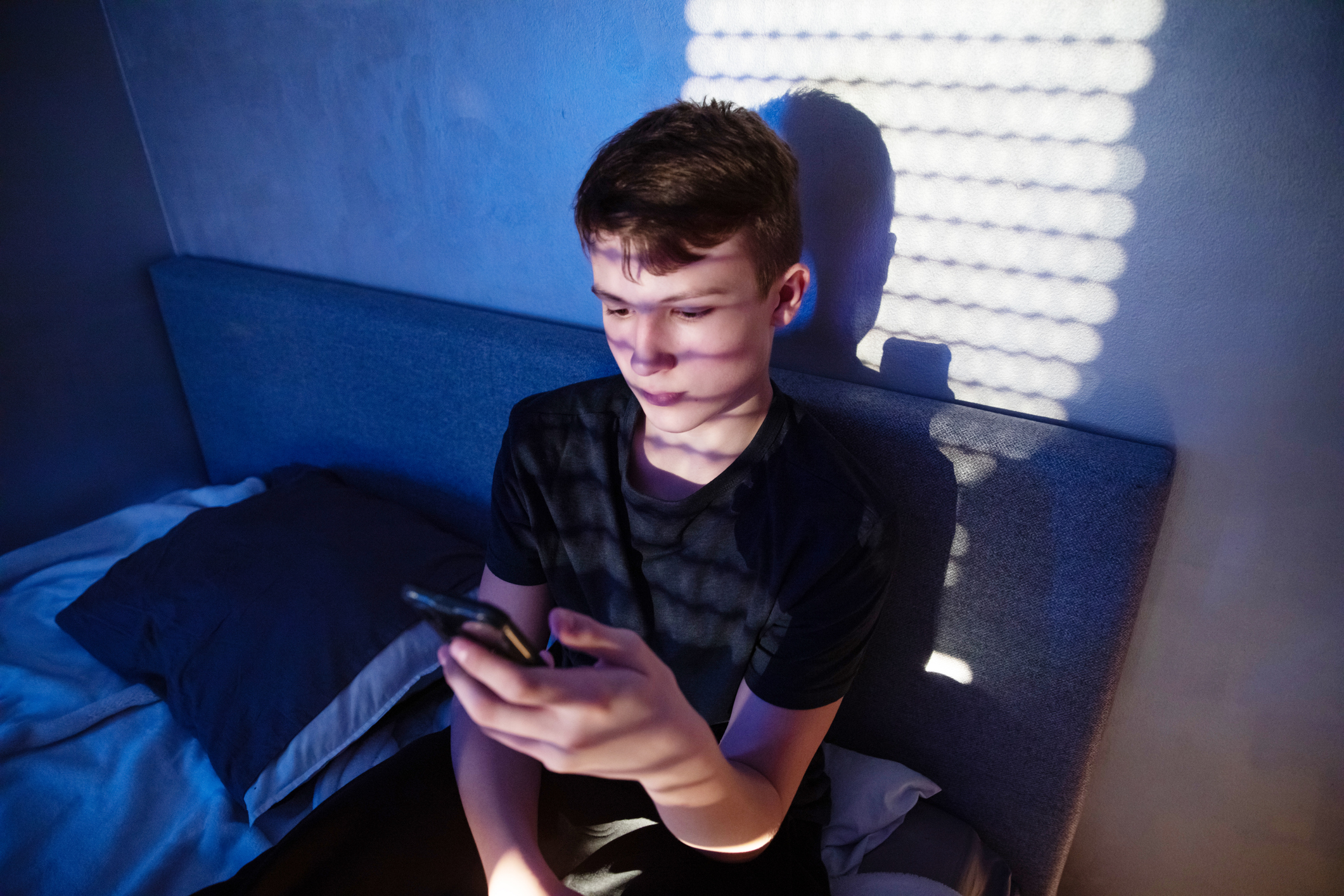A 28-year-old Delaware woman, Hadja Kone, was arrested after cops linked her to an international sextortion scheme targeting thousands of victims—mostly young men and including some minors, the US Department of Justice announced Friday.
Citing a recently unsealed indictment, the DOJ alleged that Kone and co-conspirators "operated an international, financially motivated sextortion and money laundering scheme in which the conspirators engaged in cyberstalking, interstate threats, money laundering, and wire fraud."
Through the scheme, conspirators allegedly sought to extort about $6 million from "thousands of potential victims," the DOJ said, and ultimately successfully extorted approximately $1.7 million.
Young men from the United States, Canada, and the United Kingdom fell for the scheme, the DOJ said. They were allegedly targeted by scammers posing as "young, attractive females online," who initiated conversations by offering to send sexual photographs or video recordings, then invited victims to “web cam” or “live video chat” sessions.
"Unbeknownst to the victims, during the web cam/live video chats," the DOJ said, the scammers would "surreptitiously" record the victims "as they exposed their genitals and/or engaged in sexual activity." The scammers then threatened to publish the footage online or else share the footage with "the victims’ friends, family members, significant others, employers, and co-workers," unless payments were sent, usually via Cash App or Apple Pay.
Much of these funds were allegedly transferred overseas to Kone's accused co-conspirators, including 22-year-old Siaka Ouattara of the West African country the Ivory Coast. Ouattara was arrested by Ivorian authorities in February, the DOJ said.
"If convicted, Kone and Ouattara each face a maximum penalty of 20 years in prison for each conspiracy count and money laundering count, and a maximum penalty of 20 years in prison for each wire fraud count," the DOJ said.
The FBI has said that it has been cracking down on sextortion after "a huge increase in the number of cases involving children and teens being threatened and coerced into sending explicit images online." In 2024, the FBI announced a string of arrests, but none of the schemes so far have been as vast or far-reaching as the scheme that Kone allegedly helped operate.
In January, the FBI issued a warning about the "growing threat" to minors, warning parents that victims are "typically males between the ages of 14 to 17, but any child can become a victim." Young victims are at risk of self-harm or suicide, the FBI said.
"From October 2021 to March 2023, the FBI and Homeland Security Investigations received over 13,000 reports of online financial sextortion of minors," the FBI's announcement said. "The sextortion involved at least 12,600 victims—primarily boys—and led to at least 20 suicides."
For years, reports have shown that payment apps have been used in sextortion schemes with seemingly little intervention. When it comes to protecting minors, sextortion protections seem sparse, as neither Apple Pay nor Cash App appear to have any specific policies to combat the issue. However, both apps only allow minors over 13 to create accounts with authorized adult supervisors.
Cash App's spokesperson told Ars that "sponsors (e.g., parents or guardians) are the legal owners of the minor's Cash App account and have full visibility into their minor’s payment activity, including the ability to monitor transaction activity, manage access to certain features, and terminate the account at any time."
In addition, Cash App owner Block participates in a program "designed in accordance with federal regulations" to "continually monitor accounts for prohibited activity based on account use and transactional activity." That program "includes machine learning models that block" child sexual exploitation "transactions in real time, as well as models that flag and denylist accounts with suspicious activity."
"Cash App takes allegations of sextortion very seriously," Cash App's spokesperson said. "We report potentially suspicious transactions and account holders to regulatory and law enforcement agencies. This includes proactive outreach to state and federal law enforcement. We also take action on prohibited activity on the platform, including closing accounts."
Apple did not immediately respond to Ars' request to comment.


